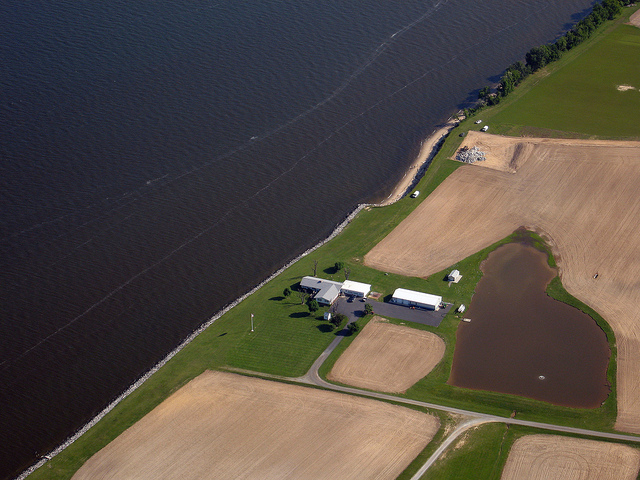By Daniel Menefee
For MarylandReporter.com
A bill to require Best Available Technology (BAT) for all new construction on septic everywhere in Maryland is struggling to survive in the Senate.
The bill, SB266, sponsored by Sen. Joan Carter Conway, D-Baltimore City, would establish a 2012 regulation issued under former Gov. Martin O’Malley into law that required BAT systems for all new construction on septic, even beyond the critical areas.
Gov. Larry Hogan killed the O’Malley-era regulation last summer and limited BAT system requirements to the critical areas only. Hogan told the Maryland Association of Counties that the regulation “created a cost-prohibitive burden for Maryland homeowners and businesses” outside the critical area. BAT systems can cost up to $7,500 or more per home than conventional septic systems.
Critical areas are considered to be within 1,000 feet of the Bay or coastal areas.
Vote falls short
On Thursday a 22-23 vote fell short of advancing the bill, but it was brought back to life moments later when Sen. Ulysses Currie, D-Prince George’s, asked to reconsider the vote, although he did not change his vote.
Currie’s motion to reconsider cleared the way for Sen. Thomas “Mac” Middleton on Friday to offer floor amendments that would prioritize BAT requirements based on available funding in the Bay Restoration Fund. The amendment would have allowed conventional septic systems outside the critical areas if funding was unavailable.
The amendments failed 20-26.
Shortly after Middleton’s amendment failed, Sen. Edward Reilly, R-Anne Arundel, offered amendments to revert back to requiring BAT systems in the critical areas only. Those amendments were laid over until this week.
“It makes no sense to put an enhanced nutrient removal system in the middle of a farmland 25 miles from any critical area in the state and require [homeowners] to pay any more than necessary,” Reilly said. “This focuses the efforts and the money on the most important parts of the state.”
Senate President Mike Miller originally voted against the bill on Thursday but had a change of heart Friday after Reilly’s amendments were laid over. He asked the body to reach a compromise.
“Let’s pass the bill,” Miller said.
Flush tax money
The measure, if passed, would provide funding, if available, from the Bay Restoration Fund — where the “flush tax” goes — to subsidize the cost difference between conventional and BAT systems, currently estimated at $7,500, according to a legislative analysis.
An $8,000 fine would be levied for any home not using a BAT systems where required.
O’Malley put the regulation in place just weeks after signing the controversial Sustainable Growth and Agricultural Preservation Act of 2012, which put tighter limits on septic in subdivisions but preserved some local control over septic use.
Rural lawmakers and local governments reeled at the time and said it would put too many restrictions on development and was an affront to property rights of farmers and landowners.
The Act established the size and scale of major developments using septic systems as a way to encourage development closer to priority funding areas that could be served by sewage treatment plants.
Dan Menefee can be reached at [email protected]




Recent Comments